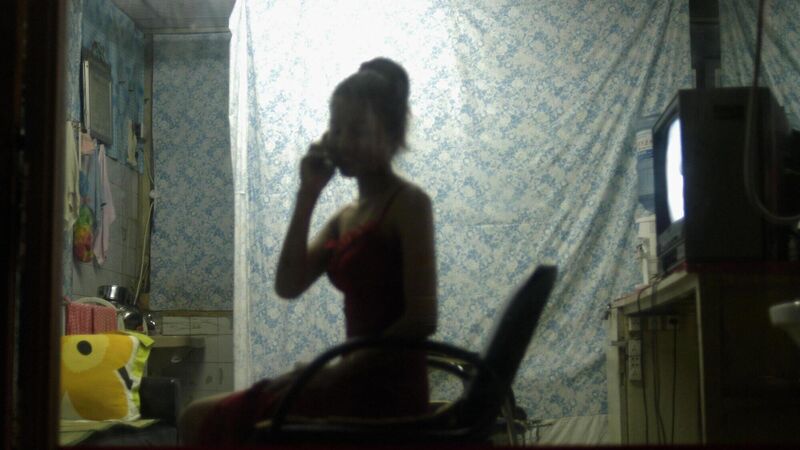Only crime gangs benefit from rebranding prostitution as 'sex work'

Over 90% of those who work in prostitution in Ireland are migrant women — most are young, vulnerable and have ended up in the sex trade due to poverty, coercion or some combination of these push factors.
Imagine a job which requires you to submit to multiple experiences of unwanted, undesired sex with numerous men every day? Where a beating or a rape at the hands of a violent "customer" are common occupational hazards? Where your customers regularly remove the condom you carefully positioned without your consent during a sex act, and you immediately fear an unwanted pregnancy or STI.
Imagine a job where you must insert a sponge into your vagina once a month, because your ‘manager’ insists you continue to sexually service clients even while you are menstruating.













